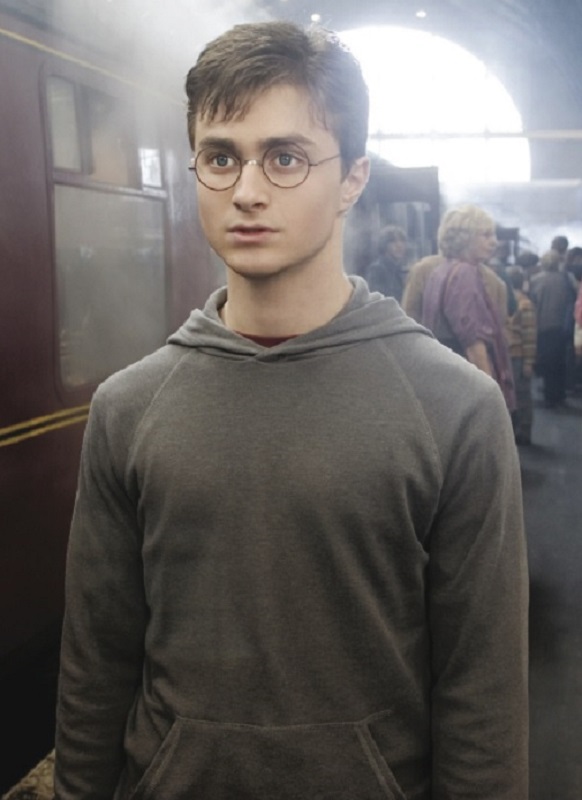
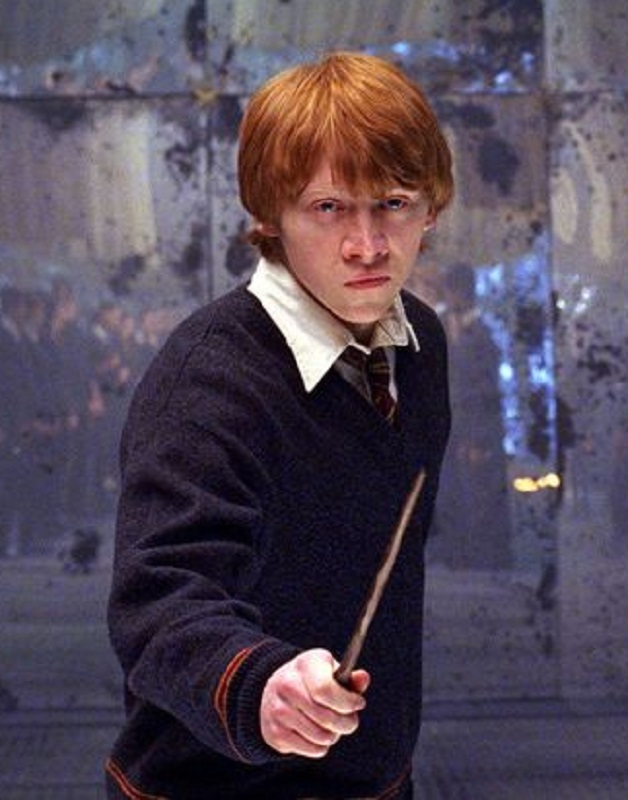
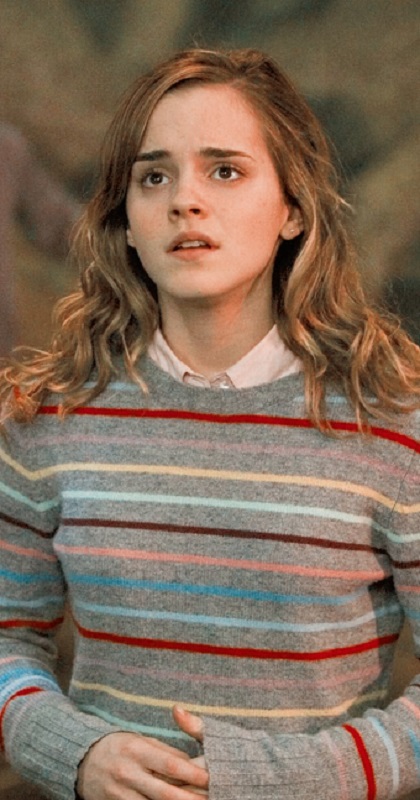
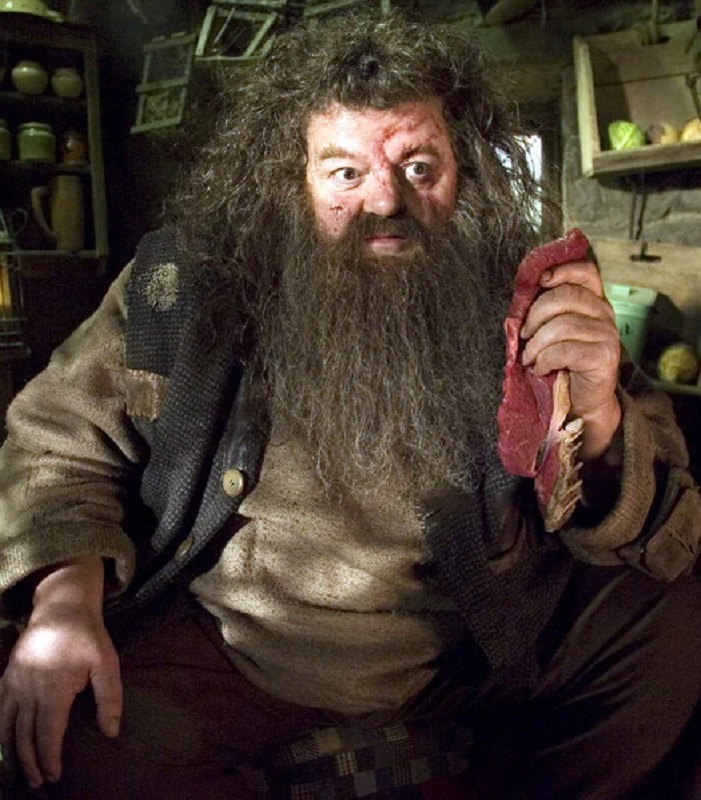
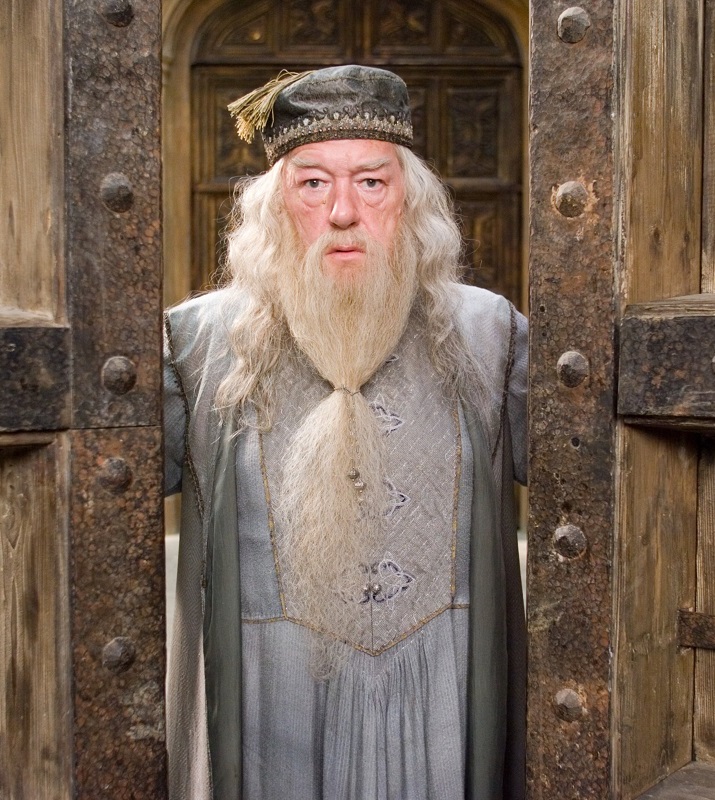
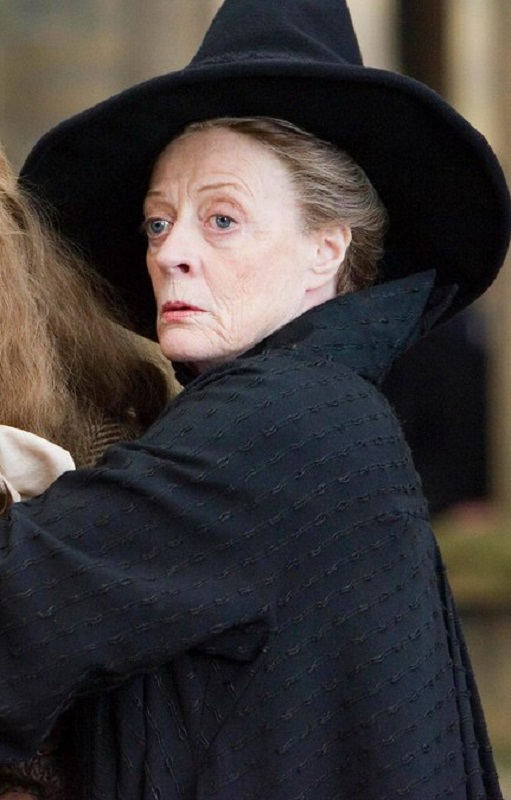
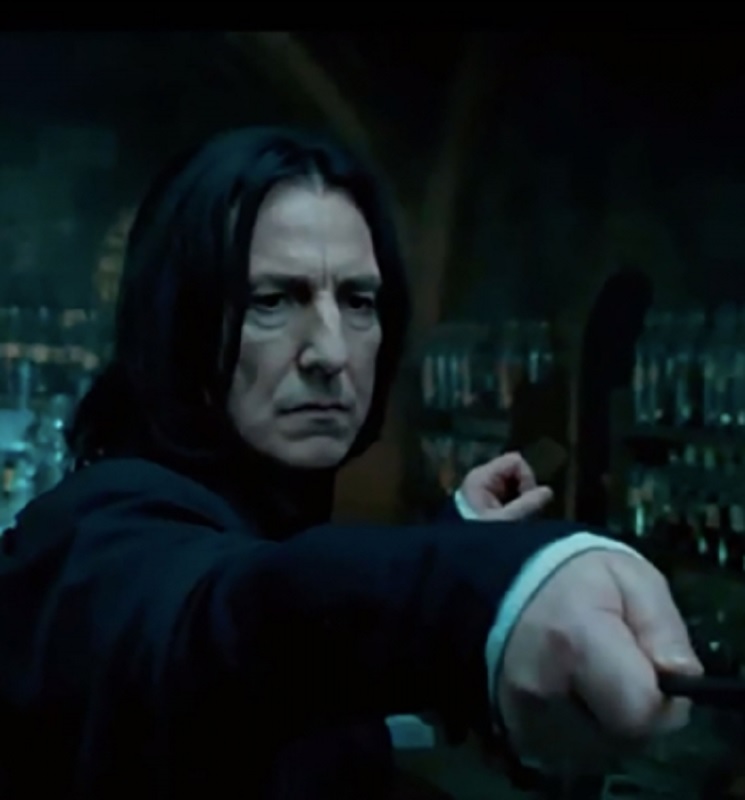
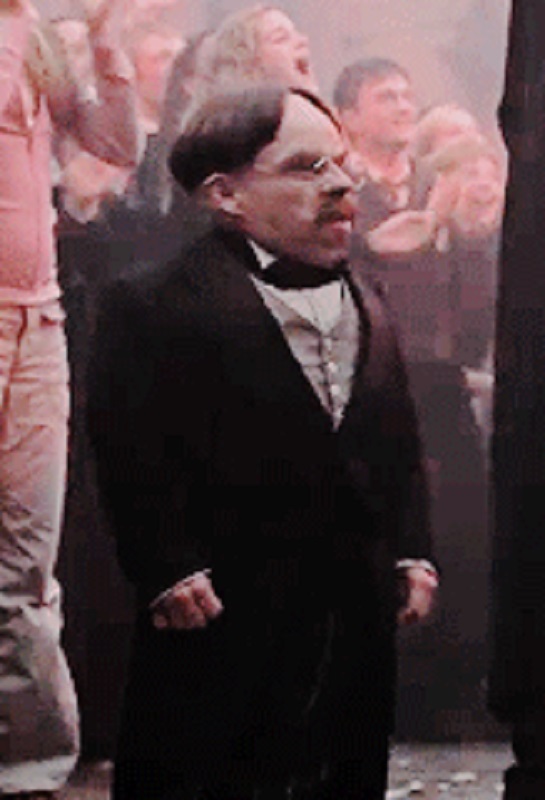
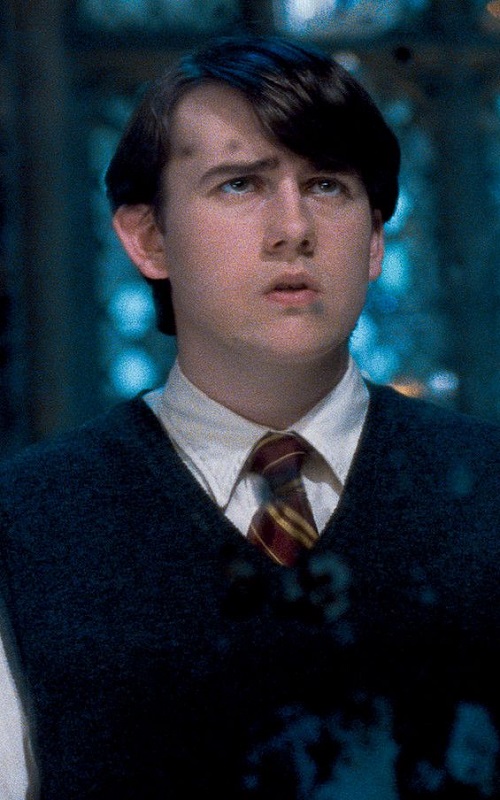
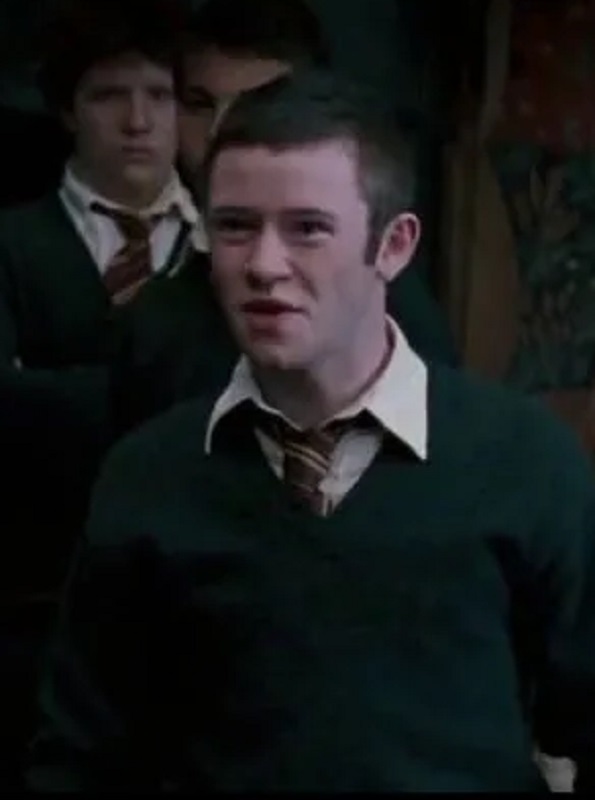
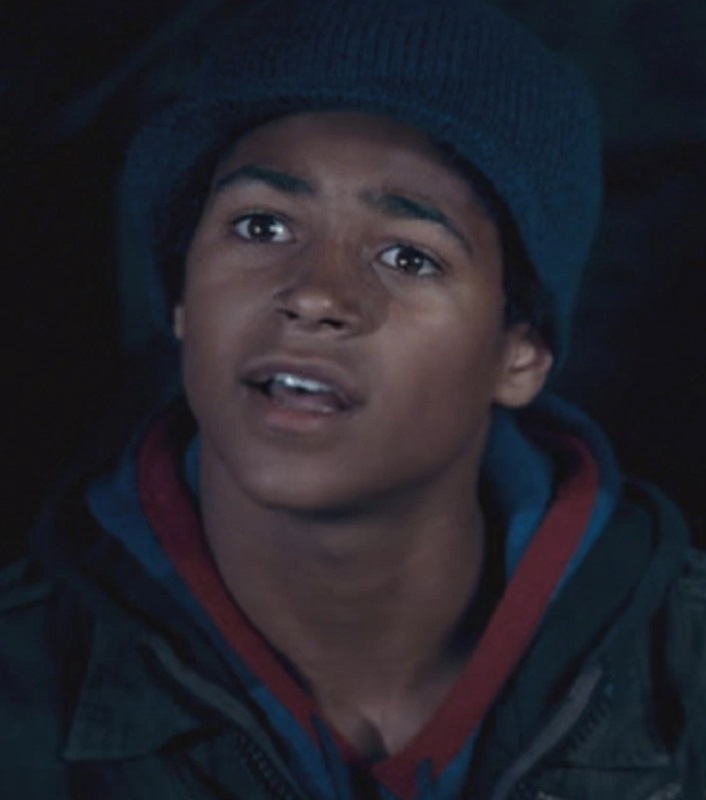
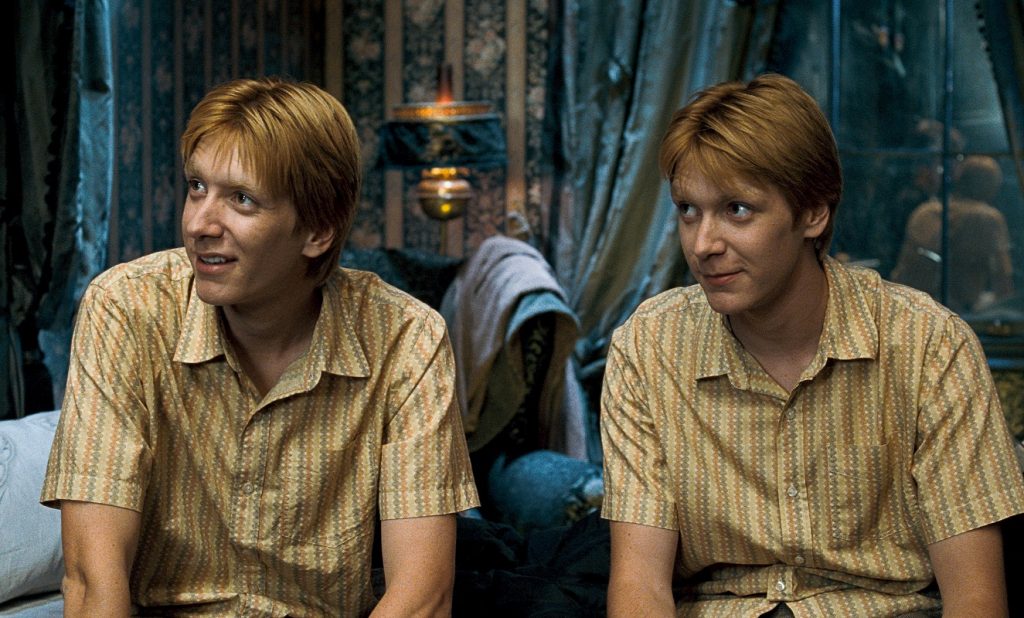
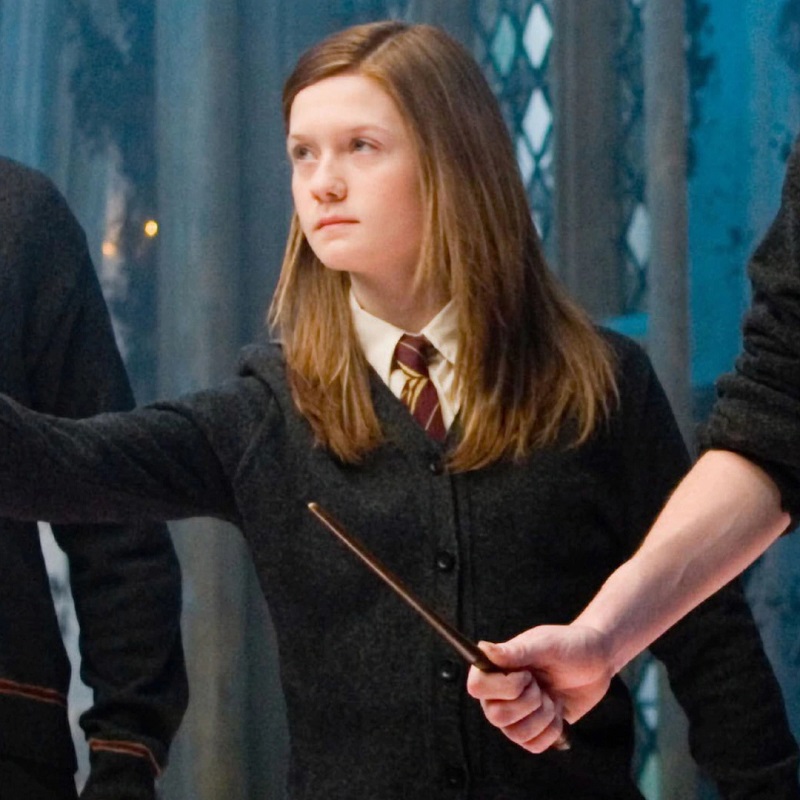
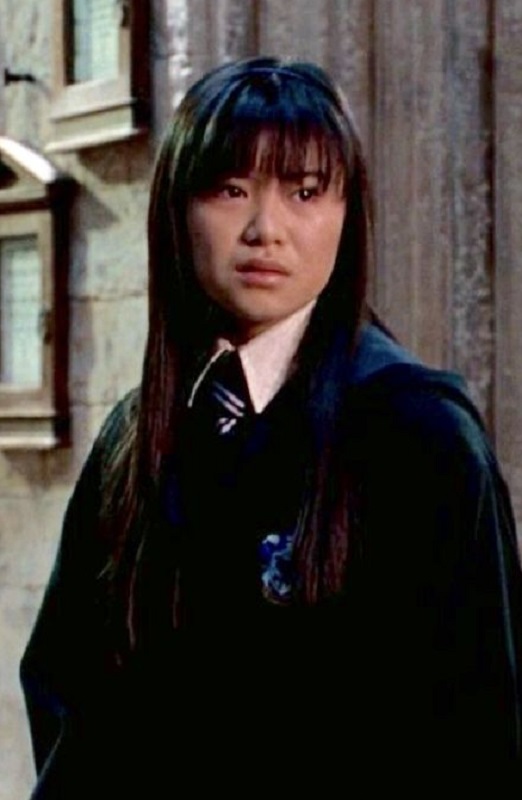
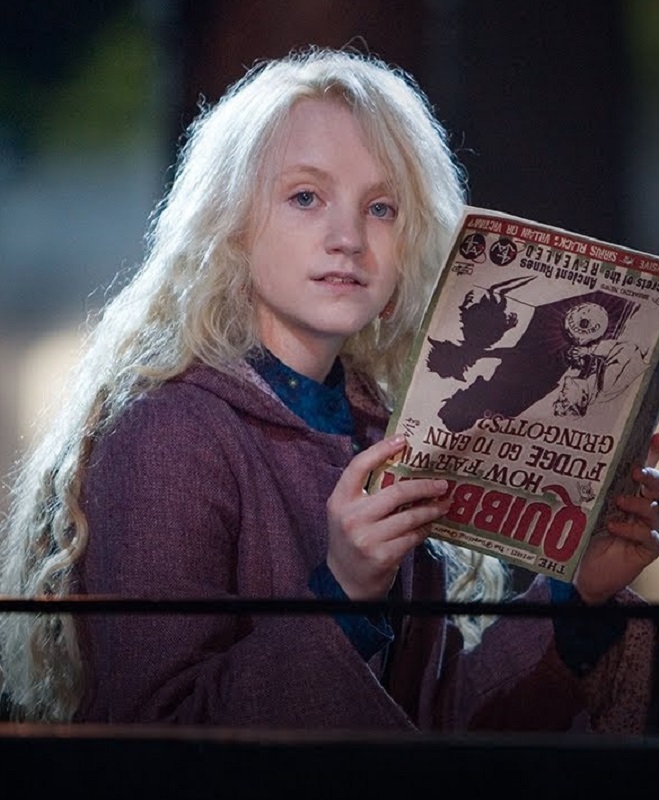
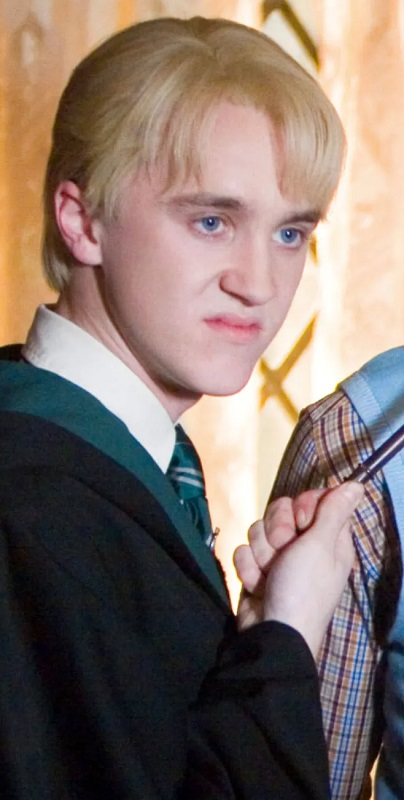
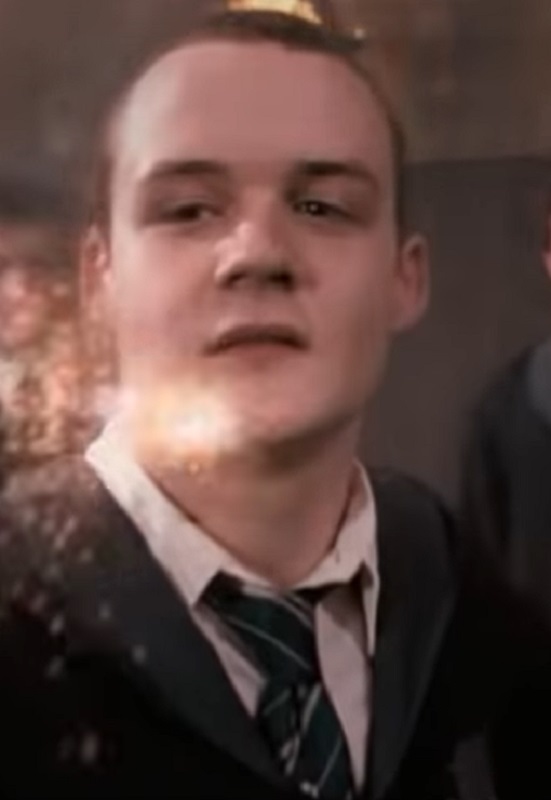
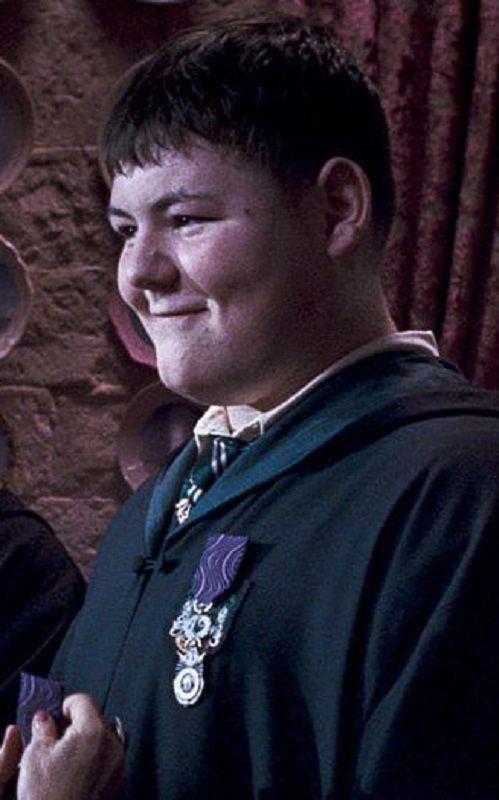
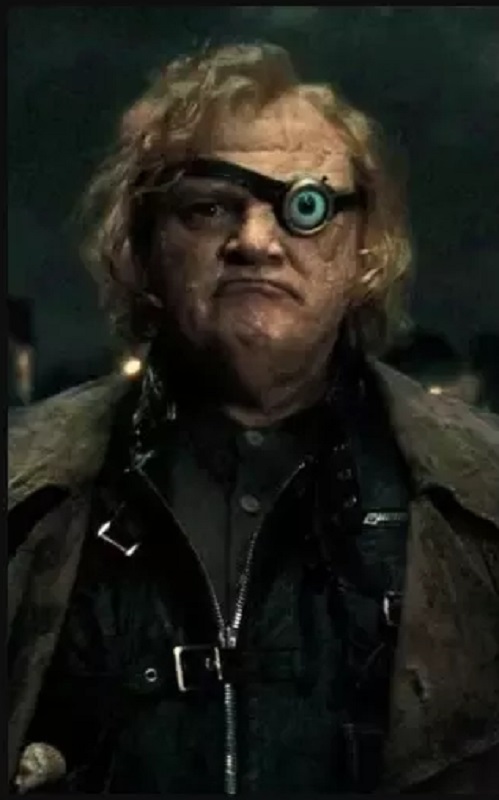
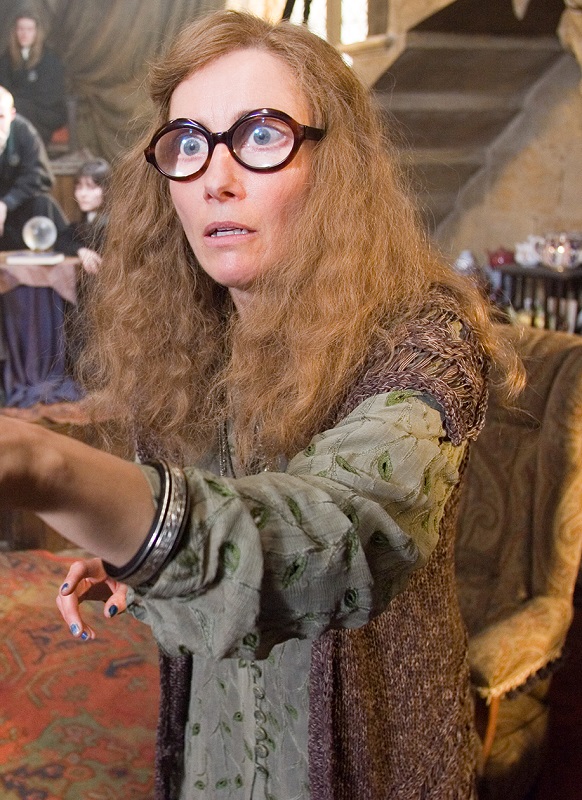
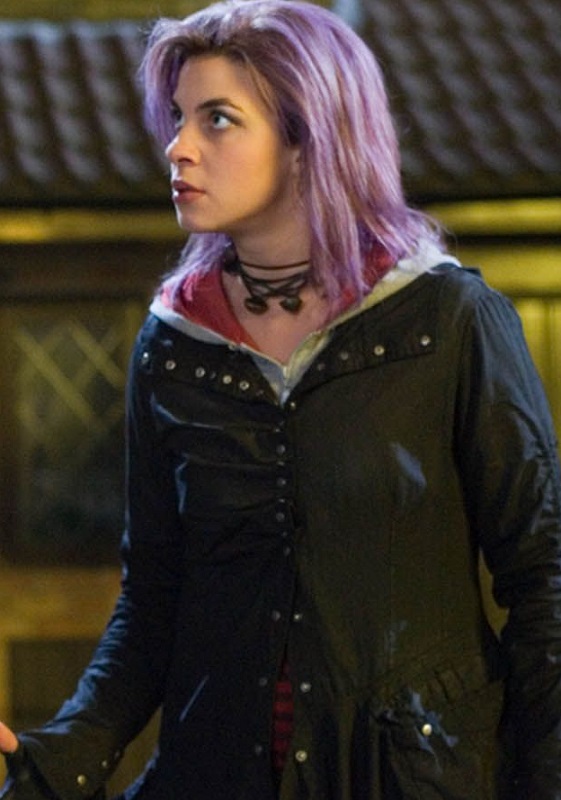
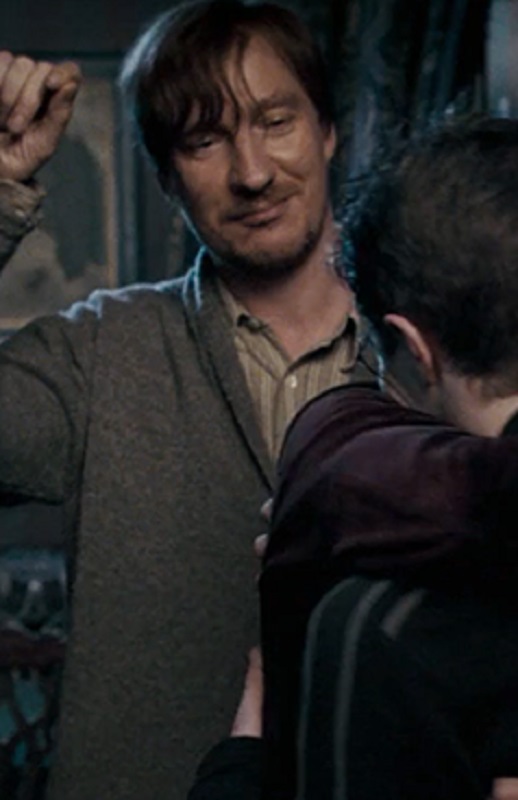
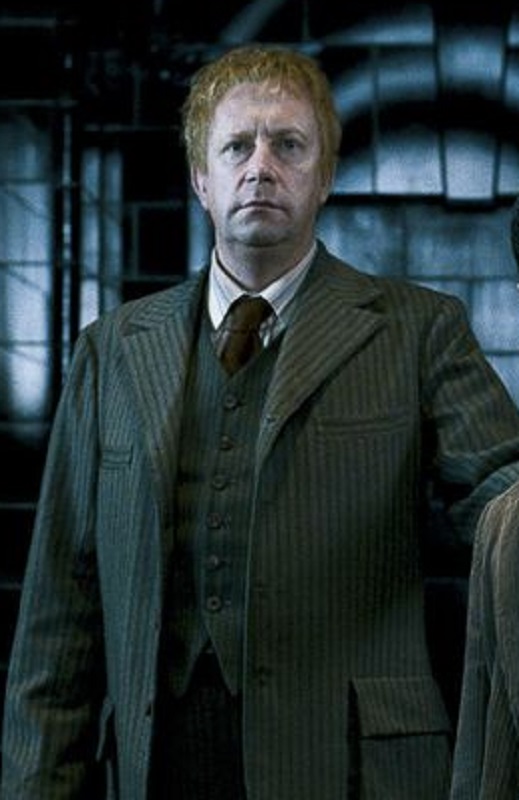
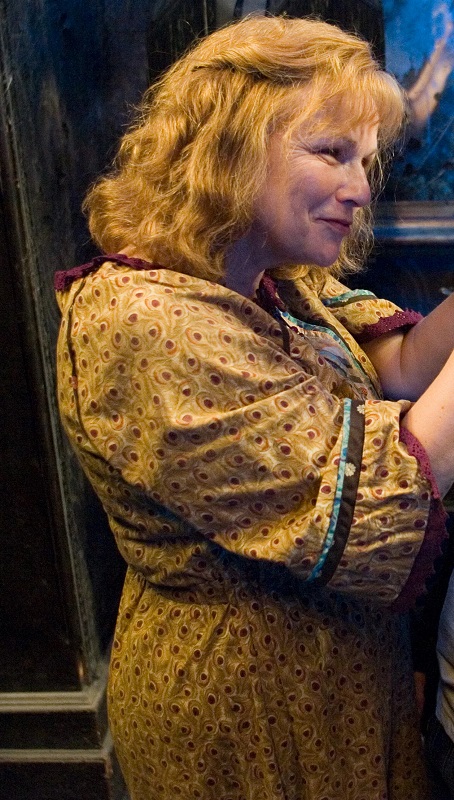
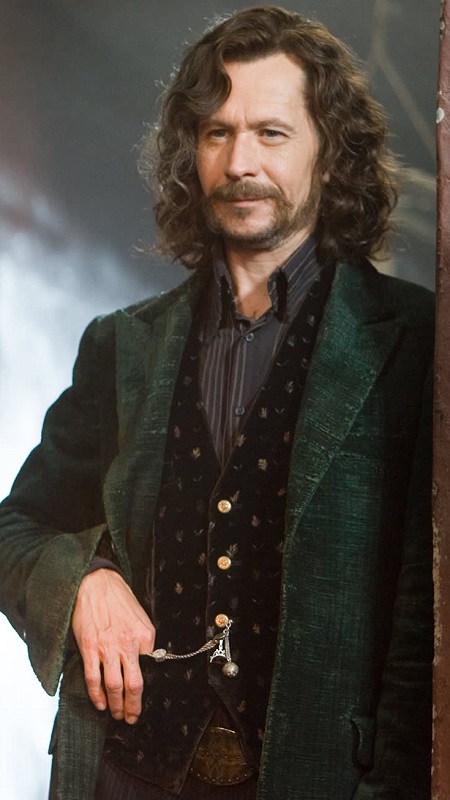
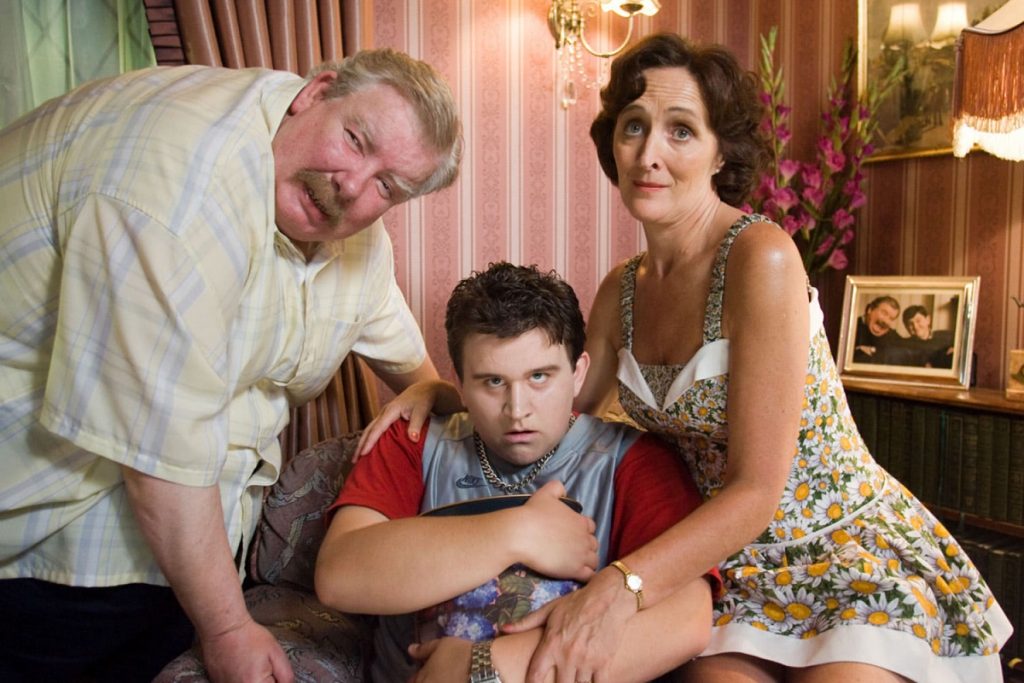
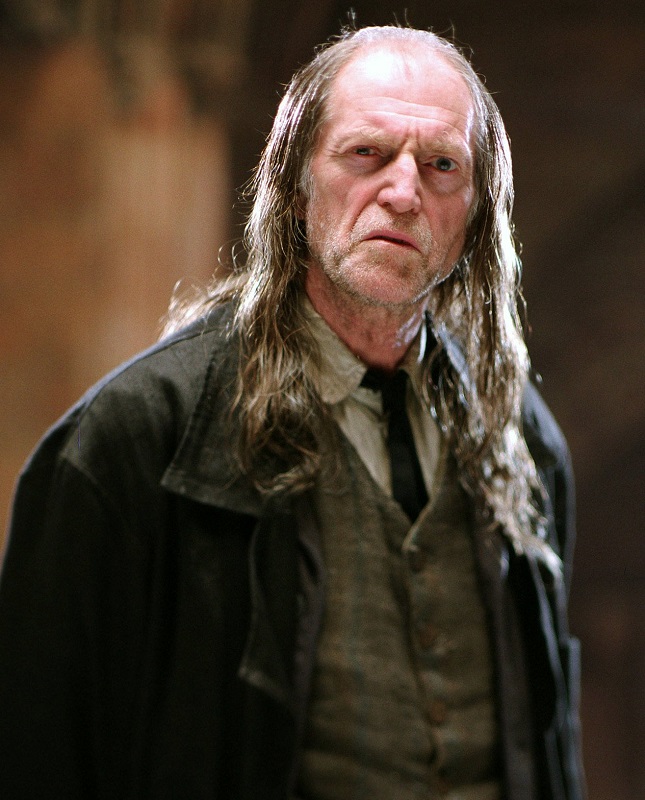
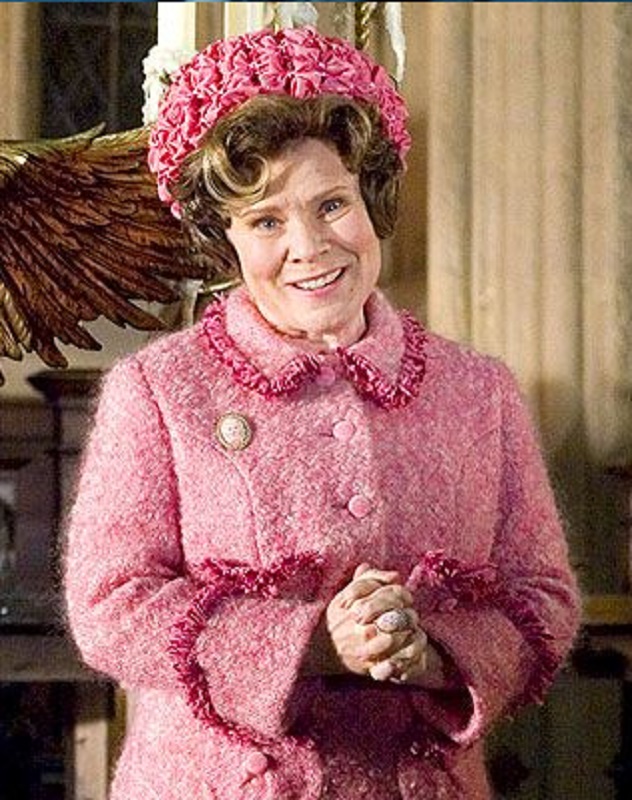
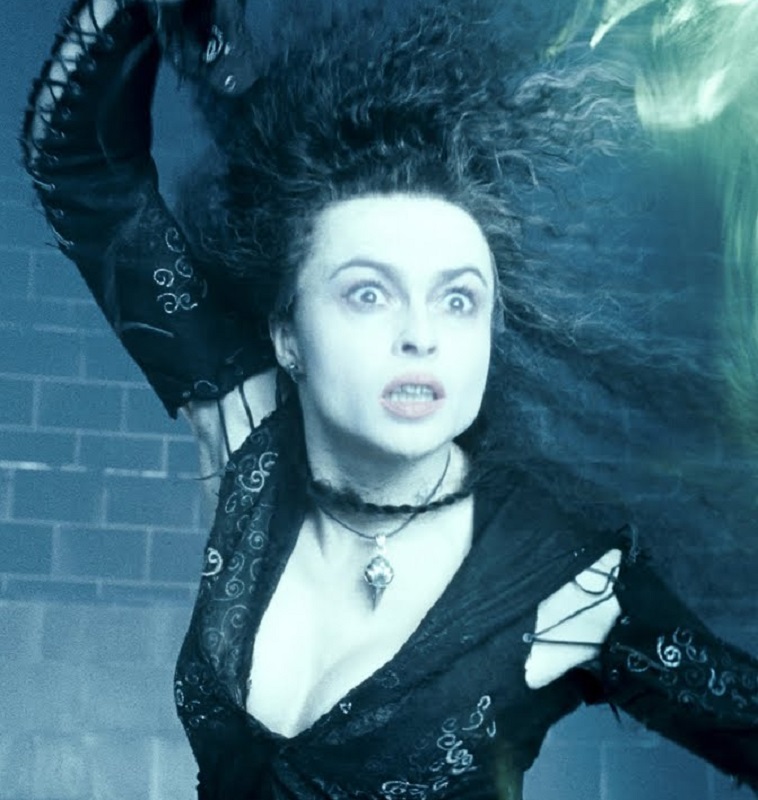
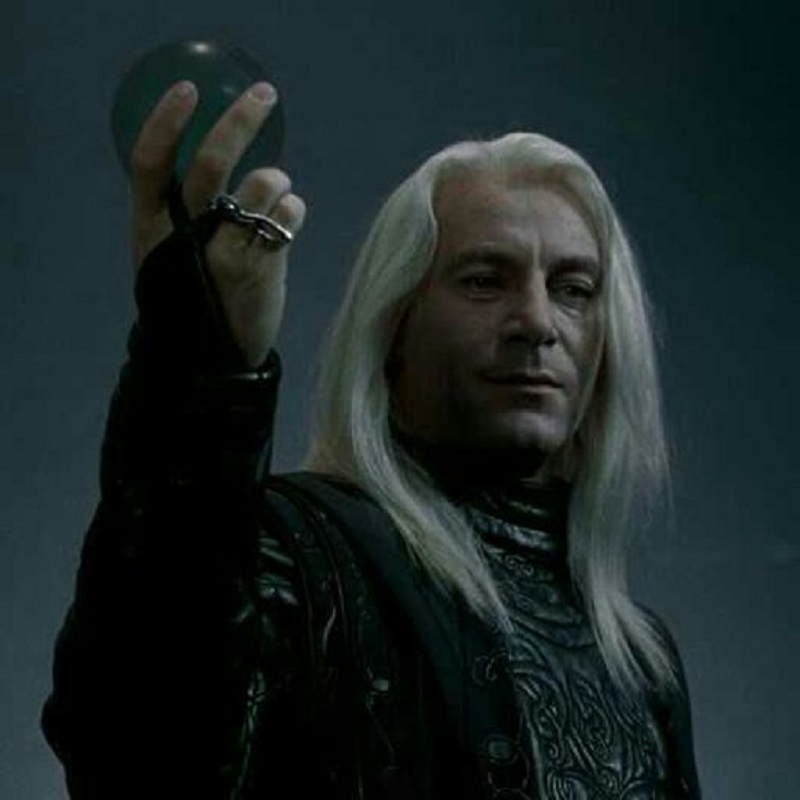
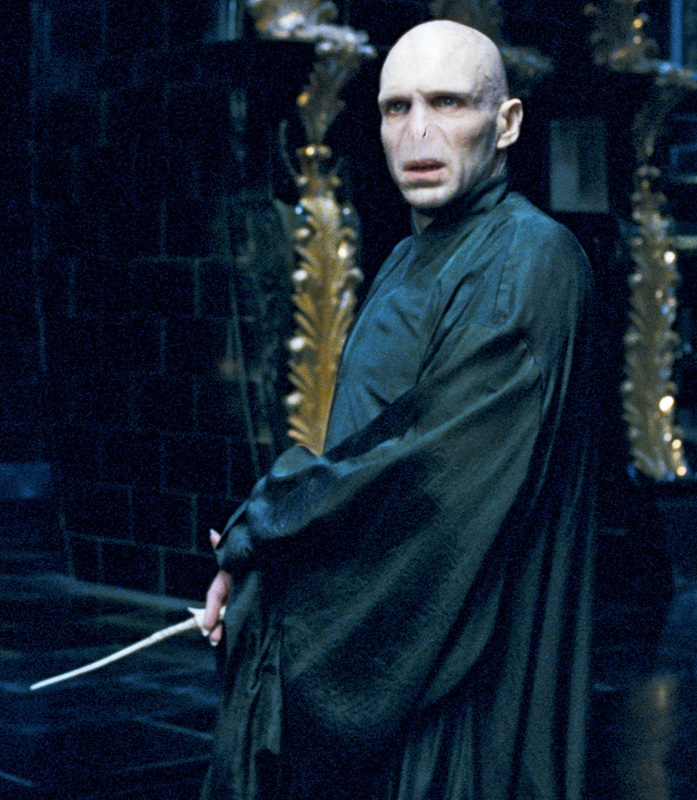































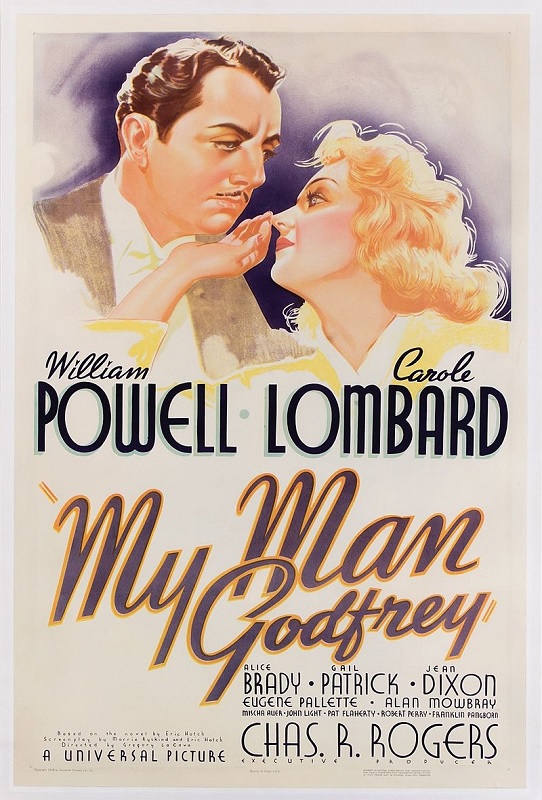
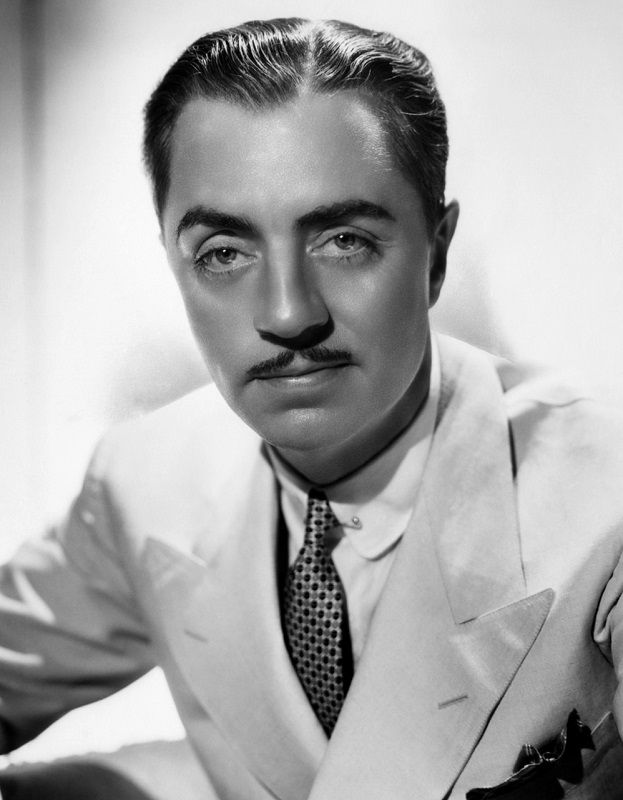

1936 – William Powell
My Man Godfrey
I love William Powell, and not just because he was an incredibly handsome man. He had the acting talent to back up his looks. He was charming and likeable. He handled the fast paced dialogue with wit and what seemed like ease. He was captivating on the screen. And he created a character that just seemed like such a cool guy, a guy anybody would enjoy knowing.
And My Man Godfrey was a delightful movie. It, like Powell, or perhaps because of him, had wit and charm. Powell played the title character of Godfrey Park, a once spoiled son of a rich family who had been emotionally damaged, and who had become so depressed that he had turned to alcohol. His life and his emotional state had spiraled so dramatically that he ended up as a homeless man living in a garbage dump. And he blamed nobody but himself. But living in such low conditions taught him about himself and the man he had once been.
Powell had to believably start the film as a dirty vagabond, which I found fascinating. You see, I’ve only ever seen Powell play well-mannered, wealthy characters, such as Nick Charles in The Thin Man, Florenz Ziegfeld Jr. in the Great Ziegfeld, or Bill Chandler in Libeled Lady. Even in his last film in 1955, as he played Doc in Mr. Roberts, he had an air of class and sophistication. But in this opening scene, he showed a different side of himself. He was a little rougher, a little more cynical, a little more egregious. I’ve never seen him play the bad guy, but I bet he could do it marvelously. In fact by the time he starred in My Man Godfrey, he’d been appearing in films for about fourteen years, and had acted in nearly seventy films. That’s an average of about five movies a year, non-stop, for fourteen years.
But then after he takes the job of the butler for the Bullock family, he becomes that smart and sophisticated aristocrat, despite his position of service. Then Powell was in his element and his gracious charm began to shine. He was a true leading man. There was even a romantic element to the film, though it felt a little forced, especially considering the unsatisfying ending of the movie. But that wasn’t Powell’s fault, and he pulled it off with what seemed like ease and style.



1936 – Gary Cooper
Mr. Deeds Goes to Town
Here, Cooper plays the simple but honest small-town man with the heart of gold. He is innocent and pure, never having been corrupted by the fast-paced life style of the big city. He has a forthright set of morals that lead his code of conduct, a clean and generous heart, and a mind unclouded by greed. In fact, he seems to be a saint whose simplistic and down-to-earth attitudes embody all that is innocent, and righteous, and wholesome. Golly-gee-whiz, he was swell! And despite the ridiculousness of the character, Cooper pulled it off.
Except for his propensity for physical violence. He had a habit of beating the crap out of people in public. It was unrealistic behavior that would have gotten him arrested in today’s society, but for which he was applauded in 1936. Seriously, at the end of the movie, after successfully defending his sanity in court, he gives his unscrupulous, money-grubbing accuser a swift right hook, right there in the court-room, in front of the judge. Oh, that’s ok. That crook had it coming! WRONG! I don’t think that would have been realistically acceptable, even in 1936! Having the moral high-ground doesn’t give you the right to punch your opponent in the face.
But the part seemed to be written for Cooper. He really did a great job bringing out the naïveté of the character, the innocence that Mr. Deeds needed. Cooper made you feel bad for him when he tells off a table of rich jerks for making fun of his quaint simplistic mannerisms. But did he have the right to sock two of them in the kissers in the middle of the restaurant? Of course. This was Gary frickin’ Cooper! He was the perfect All-American poster child. And yes, he did a fine job in the role, despite the unrealistic flaws in the character he was playing.
But the movie was more than a story about Mr. Deeds and his inherited millions. It was a romance as well, and Cooper had a fairly good on-screen chemistry with Jean Arthur who played opposite him. Cooper’s portrayal of innocent puppy-love was good, if not compelling, and his crushing sense of dejection when he learns that she has toyed with his affections is clearly brought across. But was Cooper nominated because the Academy liked his acting, or his character? I wonder.
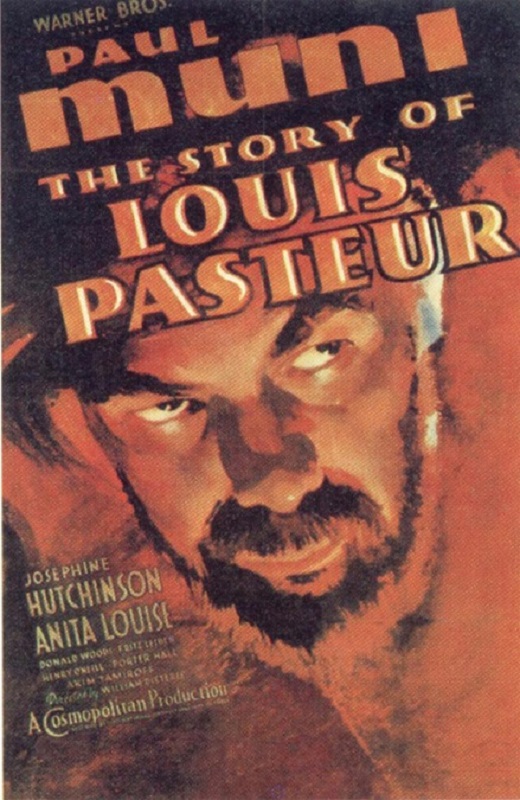
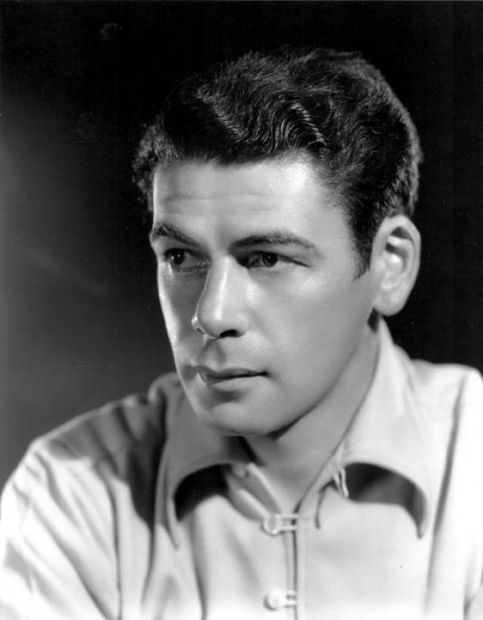

1936 – Paul Muni
The Story of Louis Pasteur
Hmmm… I’m ok with Paul Muni’s nomination for Best Actor, but I’m not so sure about his win. Did he do a good job? Yes, of course he did. He was Paul Muni, and I‘ve never seen him turn in a bad performance. But was the role worth the nomination? I don’t know. Did the role demand much of the actor? Did Muni have to stretch himself, dig deep and give us something extraordinary? I’m skeptical. So then I have to look at what he was up against. Gary Cooper in Mr. Deeds Goes to Town, Walter Houston in Dodsworth, William Powel in My Man Godfrey, and Spencer Tracy in San Francisco. Hmmm… I don’t know.
One thing I can say for Muni is that he completely transformed himself for this role. I mean physically, I would not have recognized him as the same actor who was in I Am a Fugitive from a Chain Gang or The Valiant. And apparently, as an actor who got his start in live theatre, Muni did his own makeup, and did an incredible job! Kudos to you Mr. Muni. But it wasn’t just his physical appearance that made him stand out from his previous roles. It was his movements, his mannerisms, his vocal production. He completely inhabited the character of Louis Pasteur.
In fact, there were several things within the narrative that gave Muni the opportunity to shine a little, not the least of which was the film’s climax, where Pasteur is recognized for his amazing accomplishments and the lives his work was responsible for saving. He gives an inspirational speech that was both powerful and humble at the same time, and Muni delivered it with passion and conviction.
The only problem with the role is that there is no real character arch. Pasteur is introduced in the beginning as a hard-working and honest scientist who genuinely cares about the welfare and betterment of humanity. He cares more about his work than his reputation. And he remained steadfastly true to that character throughout the entire film. In the end he was exactly the same. He was depicted as a saint with no discernable flaws. Muni played it well, but the character was a little dull to watch because he was almost unbelievably perfect. But I suppose that wasn’t Muni’s fault, and he did an admirable job bringing Pasteur to life.
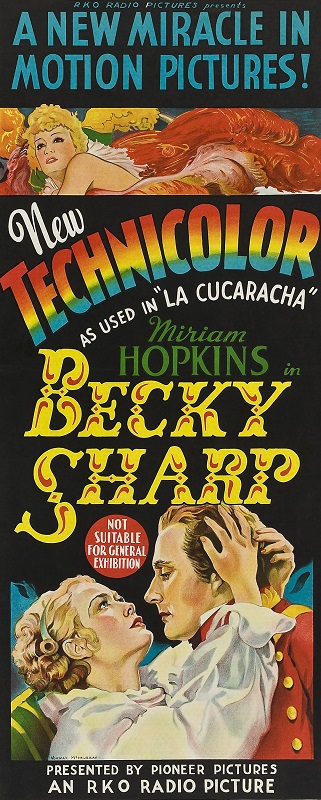
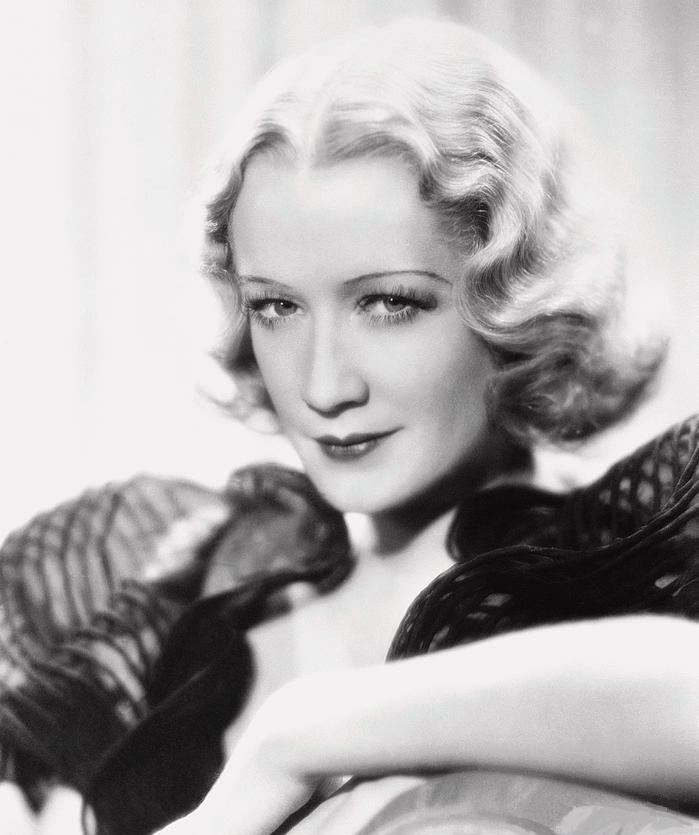

1935 – Miriam Hopkins
Becky Sharp
From what I have read, this movie had the distinction of being the first full length feature film to be filmed in Three-Strip Technicolor. The version I watched was the restored version, so all the colors looked vibrant and the picture was clear. It was a beautifully photographed picture. And Miriam Hopkins, though I didn’t always like her character, did a fantastic job. The character of Becky Sharp was an almost despicable person, and Hopkins did a great job bringing that across in her performance. The terrible duality of her personality was clear to see.
I’ve heard of Miriam Hopkins before, but I don’t recall ever seeing any of her other films. She had an interesting beauty about her. For me, it was about her jawline and her mouth. They were a facial feature that stood out to me, which made her beauty slightly unconventional, her visage alluring. She had a fresh and youthful face that was interesting to look at. And she was downright gorgeous in the party scenes where she was in fancy gowns, with her hair pulled to the back of her head.
The character of Becky Sharp was a rebellious girl, an unapologetic gold-digger. She is a liar who will pretty much be nice to those who can give her what she wants, then give them the finger after she gets it. The only time she really suffers from her own machinations is when her husband becomes wise to her constant deceptions and infidelities, and leaves her. Who knew she was actually in love with him. But even then, Hopkins made Becky’s motivations clear, her emotions raw.
But in the end, we find that she isn’t all bad. She sacrifices her own happiness and security so that her best friend can marry the man she adores. She puts aside her selfish nature to give her friend love. Fortunately, an old acquaintance shows up and gives her a little money. He also gives her a book as a gift. And being true to her nature, Becky waits till he is walking away before throwing the book at his head and laughing in his face for his kindness and his money. And the whole thing is almost played off as Becky being a scamp, a jolly rogue. And darn if Miriam Hopkins didn’t have me almost liking the character of Becky Sharp, simply because of her unapologetic wickedness. Well played, Miriam. Well played.
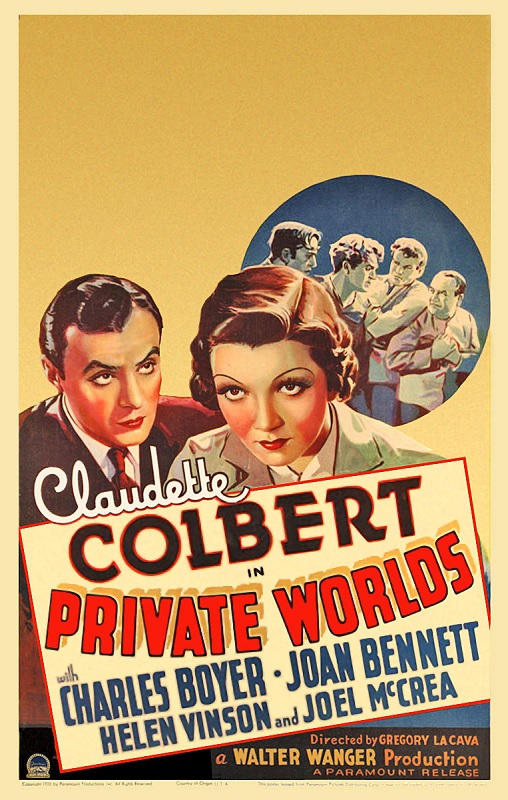
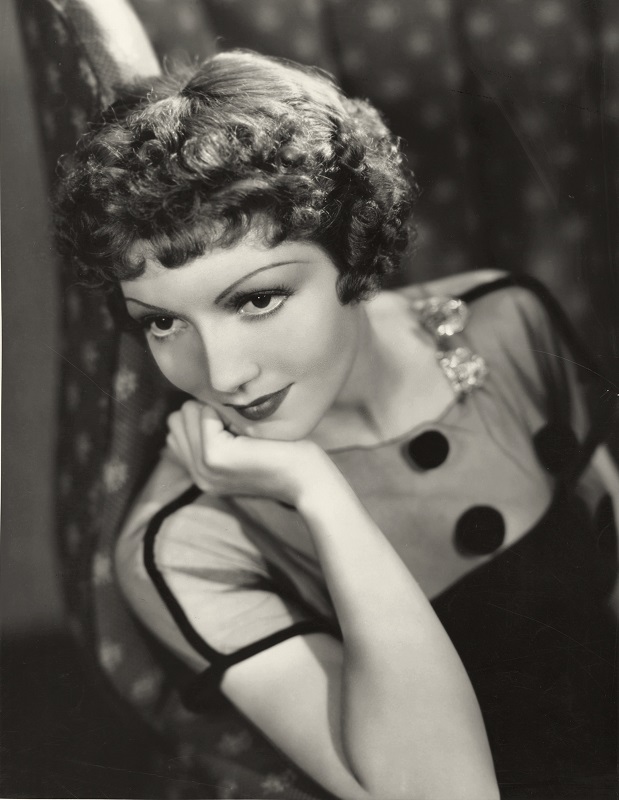

1935 – Claudette Colbert
Private Worlds
Man, it’s a good thing I’m only reviewing Colbert’s performance, and not the movie as a whole. I had to view it through my modern eyes, and the insensitive way it dealt with mental illness was horrible, not to mention the blatant sexist overtones of the film. But Colbert was fine, though I’ve seen her do better. Just watch her in 1934’s Imitation of Life, and you’ll see what I mean.
And I think my disappointment in her performance can be traced back to the script. As I’ve said before, I believe an acting nomination should be a partnership of actor and script. A wonderful actress can’t do much with a terrible script, but a poor actress can be elevated by a great script. Colbert was a very good actress, and she did what she could with this one, but there just wasn’t much room to shine. There was one scene in which she calms an asylum patient having a violent episode, and she was good there. There was an intensity in that moment that her character seemed to lack in much of the movie. She simply didn’t have a lot to work with.
She played the character of Dr. Jane Everest, a scientist and clinical psychiatrist working in a mental asylum. When the hospital’s management changes, the new superintendent is ridiculously conservative, and immediately demotes her without looking at her work history or even speaking to her. He believes that women have no place in professional medicine. Her solution is to meekly accept the extreme discrimination and reject the support of her friends and colleagues. I think she was supposed to be a figure of female empowerment but this utterly failed. Look how smart she is. Look how confident she is. Look how professional she is. But in the end, falling in love with the man who mistreated her was what made her complete.
Colbert could have been so much better as a woman who fought against the sexist behavior and earned respect and fair treatment from her new boss, not by being a woman he could fall in love with, but by standing her ground and not allowing him to put her down. I wanted Dr. Everest to be strong, but instead, she was weak. And I don’t know if there was anything Colbert could have done, as an actress, to bring that to the surface. That was what the script required, and she did her job.
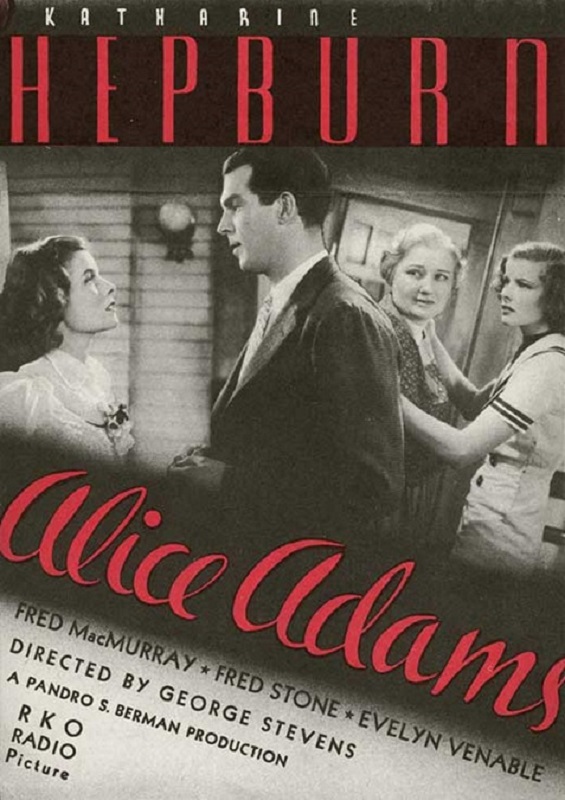
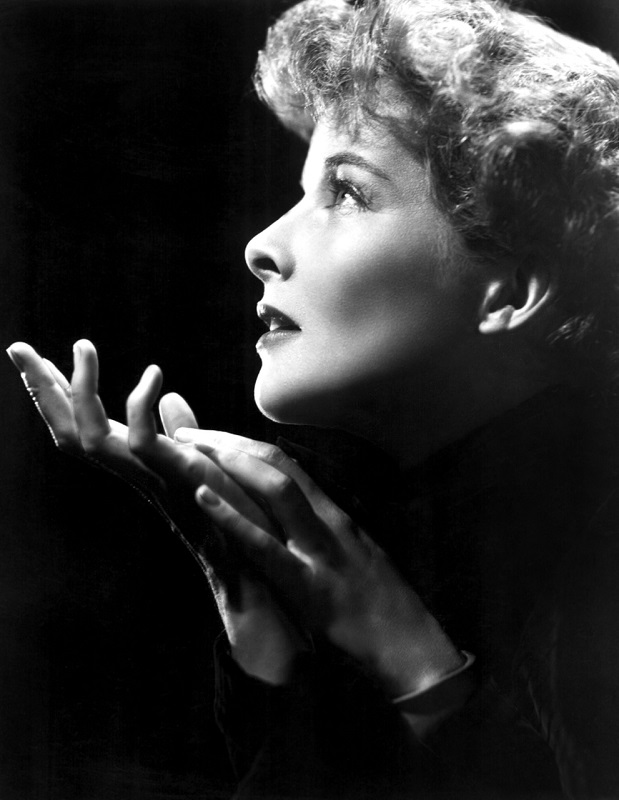

1935 – Katherine Hepburn
Alice Adams
This was a good movie, and while I enjoyed Hepburn’s earlier Best Actress nomination, and subsequent Oscar win for Morning Glory, I think I liked her performance in Alice Adams better. I think the role itself was a little more deserving, and I think there was a little more depth to her performance. There was more subtlety, more nuance, and Hepburn was perfection.
There were so many good things about the performance. At the beginning of the movie, she is a young and eager girl, innocent almost to the point of naiveté. There is an immaturity that usually only exists in children. But by the end, she becomes more aware of the world around her, and is unable to turn a blind eye to the shortcomings of her family, the failures of her father.
One of the best scenes in the movie is probably one of the funniest. It is a study of uncomfortable tension, as Alice and her parents try to convince Arthur Russell, played by Fred MacMurray, that they aren’t poor. As the evening goes on, Alice’s fiction begins to unravel and you can see it in Hepburn’s face, her voice, her movements. You can see her slowly starting to lose her grip, desperately struggling to hold back her tears.
As I did a little research on the movie, I learned that the original ending in the source material, a novel by Booth Tarkington, was quite different. In it, Alice and Russell end up permanently estranged from each other. Hepburn and the film’s director George Stevens, wanted an end in which the relationship is up in the air and Alice goes off to secretarial school. However, producer Pandro S. Berman and RKO executives wanted a happy ending where the two end up together and in love. Well, the studio got its fairy-tale ending.
But now, I’ve seen enough Katherine Hepburn movies to expect great things from her, and here, I was not disappointed. This performance had depth, and really gave us a glimpse into the deep pool of talent the actress possessed. Hepburn was wonderful, and I look forward to her next nomination.


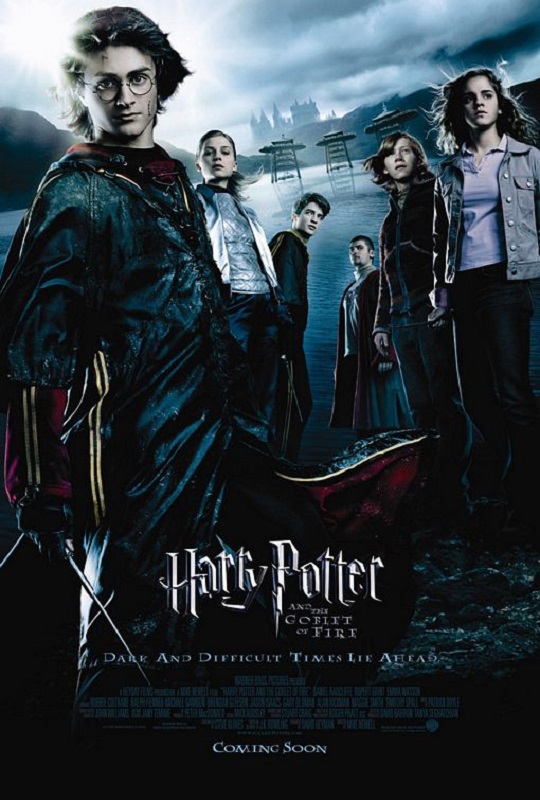
Harry Potter and the Goblet of Fire.
For a long time, this was my favorite of the Harry Potter movies. I loved the new characters, I loved the climax. I loved the concept of the Tri-Wizard Tournament. I loved the visual effects. And while I still love all those things, later films in the franchise have taken my top spot.
So I’ll start off with the main cast and the characters they play. It is clear that the three leads, Daniel Radcliffe, Rupert Grint, and Emma Watson are growing in maturity, skill, and believability. They were great. I have to give special props to Radcliffe. Of course, he had to shoulder the most screen time, most of the action, and he did a fantastic job. You can really see the steady improvement in his skills as an actor. Grint actually did a great job, even though Ron was kind of a jerk for most of the film. I’m sure he was just following the instructions of the film’s director, Mike Newell. But most improved goes to Emma Watson. Her acting suddenly became more serious, more mature, and it was wonderful to see.
Little by little, over the course of the franchise, Robbie Coltrane’s Hagrid kept getting less and less screen time. By the final film, he was barely in it at all, save for a few short scenes. Michael Gambon did a great job, even with his notorious deviation from the books in a crucial moment. Fans of the books will know what that means. Then there was Cedric Diggory, Fleur Delacour, and Viktor Krum. The real problem with their characters is that they were little more than window dressing. They had very few lines, and were mostly just there to look at, except for Cedric, whose roll was a little bigger. And there was Rita Skeeter, Madam Maxim, and Igor Karkaroff, all of whom were well-cast. And another new Defense Against the Dark Arts professor, Alastor Moody, who was fantastic!
And speaking of the main villain, we finally got a full-fledged Voldemort. Ralph Fiennes did an amazing job! If he was a real person, he would be terrifying! He is nothing less than a psychotic murderer who takes pleasure in his own evil. He was only in one scene, but he made such a big impact. His every movement, spoke volumes about his character, and Fiennes was brilliant! And the scene in which Peter Pettigrew brings him back is the darkest moment in the whole franchise, up until this point. I mean, my goodness! Wormtail cuts off his own hand as part of the spell to resurrect the dark Lord.
So here were some of the things about the movie that bothered me. The fact that his name came out of the Goblet of Fire constitutes a binding magical contract? So… what? Would he die if he didn’t compete? If the whole point of Voldemort’s plan was to get Harry in the graveyard alone for the resurrection spell, why didn’t Barty Crouch Jr. just turn Harry’s shoe into a port-key? And Ron. It didn’t make any sense that Ron believed that Harry was a liar. Hiding behind that small rock would probably not have saved Harry from a blast of Dragon fire. Why couldn’t Harry or Hermione find the bubble-head charm in any of their research for breathing under water? And the movie never explained that It was Barty Crouch Jr., disguised as Moody, who was using the Imperius Curse on Krum in the maze.
And the challenges were all supposedly watched by crowds of spectators. Except that in the first challenge, the spectators would have been in just as much danger as the champions. And when Harry and his dragon were on the roof of the castle, nobody would have been able to see them. And during the second challenge, nobody would have been able to see what was going on under the water. And in the third challenge, nobody would have been able to see the champions inside the ridiculously gigantic maze. The challenges were not, in any way, designed for spectators. Ah, but who cares. It all still looked great on the big screen.
Top 10 Favorite Parts
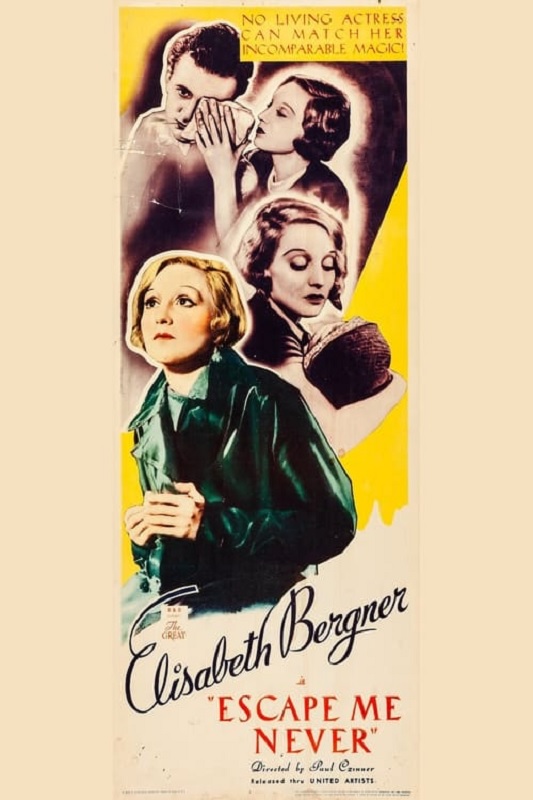
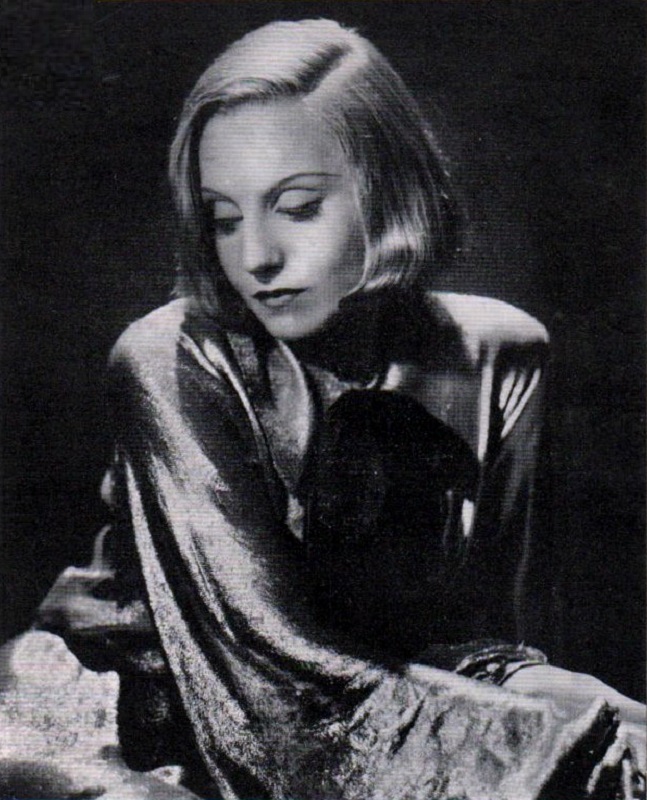

1935 – Elisabeth Bergner
Escape Me Never
I am really unsure about this nomination. My opinion keeps going back and forth. Did Elisabeth Bergner do a good job, or did she not? Did I like the portrayal, or did I not? Honestly, I’m not certain. On the one hand, she played the part of Gemma Jones, a poor girl with a baby trying to survive on the streets by lying and stealing food, with a frailty that seemed to lend itself to the character. But on the other hand, when the character became stronger, she never lost that frailty, that not-so-subtle air about her that wasn’t quite in touch with sanity.
You see, I’ve never even heard of Elisabeth Bergner before watching this film, and as far as I know, I’ve never seen any of her other movies. So I don’t know if this slightly touched persona is inherent to the actress, or if it was her acting the hell out of the part. So I did a little research. Bergner started acting in films in the early 20s, which explains why some of her movements and facial expressions seemed almost like throwbacks to the silent era.
She was an Austrian-born actress who made a name for herself for her stage work in Berlin and Paris before moving to London. That means her accent was not a skilled accomplishment of acting. It was real. So really, that’s just smart casting. That’s not to say her acting wasn’t good, because it really was. Her natural frailty and vulnerability was perfectly suited to the character. But then I also learned that the film is based on a play that was written specifically for Bergner by Margaret Kennedy. So no wonder she seemed so natural in the role.
Yes, she had that natural frailty, but there was also a strange kind of confidence that was somehow also ephemeral. The scene where Gemma tells her husband’s lover that he is married was perfectly played, with a solid kind of strength that, for that moment, overcame her frailty. And the scene where her baby died, and her uncaring husband wouldn’t even listen to her enough to learn what had happened, was heartbreaking. And after that, her already tenuous grip on reality became even weaker. But was her performance good enough for an Oscar nomination? Sure. Why not? But I think I agree with the Academy’s choice of winner.